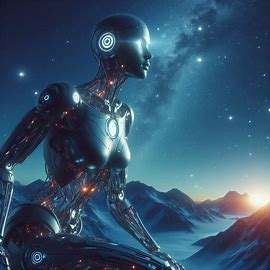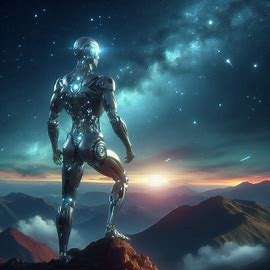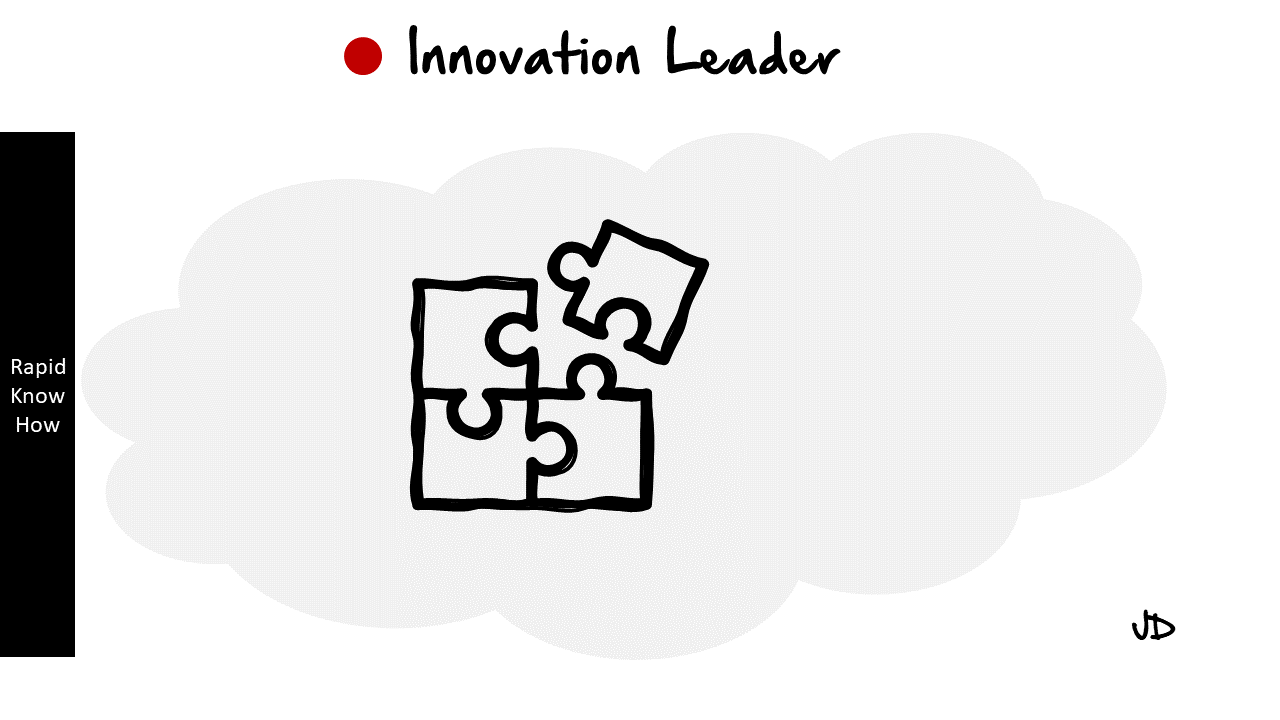Yuval Noah Harari > HOME DEUS > A Brief History of Mankind of Yesterday > Today > Tomorrow > Summary > Conclusion

Yuval Noah Harari’s work, particularly in “Homo Deus: A Brief History of Tomorrow,” explores the possible futures for humankind and the evolution of society as we progress into the 21st century. While “Homo Deus” doesn’t strictly follow a chronological structure from yesterday to today to tomorrow, it engages with these themes in a thought-provoking manner. Here’s a summary and conclusion based on the ideas presented in the book:
Summary:
Yesterday: A Brief History of Mankind Harari reviews the history of humankind, starting from the Cognitive Revolution (about 70,000 years ago) to the Agricultural Revolution and the Scientific Revolution. He posits that our ability to create shared myths and organize in large groups allowed Homo sapiens to dominate the planet. Historically, humanity has grappled with three major problems: famine, disease, and war.
Today: Current Challenges and Opportunities In the modern era, many of these historical issues have been somewhat alleviated.
Advances in technology, medicine, and governance have led us to unprecedented levels of prosperity and power.
However, new challenges arise: environmental degradation, technological unemployment, and the ethical implications of artificial intelligence and biotechnology. Harari stresses that the use of data and algorithms now plays a crucial role in dictating economic and social dynamics.
Tomorrow: Potential Futures Looking ahead, Harari speculates on the future trajectory of humanity. He introduces the notion that we may aspire to become “Homo Deus,” or “God-man,” achieving god-like capabilities through biotechnology and artificial intelligence.
This could lead to enhanced life spans, greater cognitive abilities, and perhaps even the ability to design life itself.
However, he warns that such advancements come with significant ethical and philosophical dilemmas, particularly regarding inequality (who has access to these technologies) and the meaning of life when humans may no longer be the dominant force on Earth.

Conclusion:
In “Homo Deus,” Harari paints a complex picture of the future contingent on the choices humanity makes today.
He emphasizes the importance of navigating technological advancements ethically, ensuring that we address unprecedented inequalities, and reconsidering the role of religion, culture, and humanism in a world potentially dominated by algorithms and data.
The journey into the future, filled with possibilities, also calls for a collective examination of what it means to be human in a rapidly changing landscape.
Harari’s work challenges us to think critically about our trajectory and the values that should guide our development as a species.
Ultimately, the direction we take will depend on our actions today. Harari urges readers to remain vigilant and purposeful in shaping the future, acknowledging that it is not predetermined but rather a path we collectively create.





